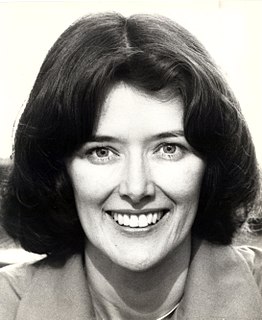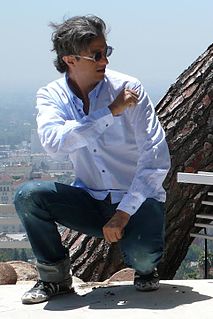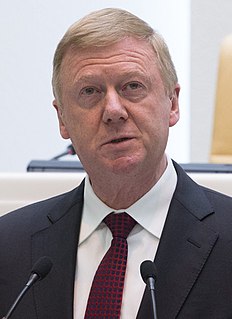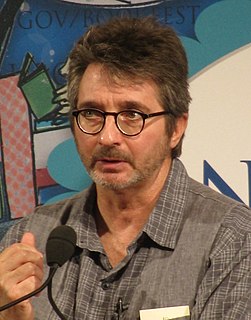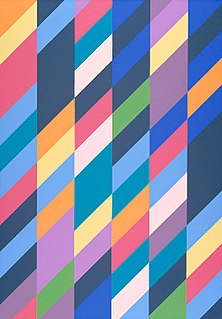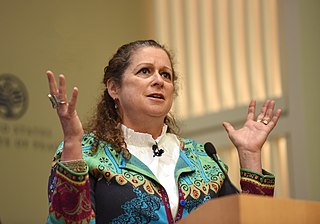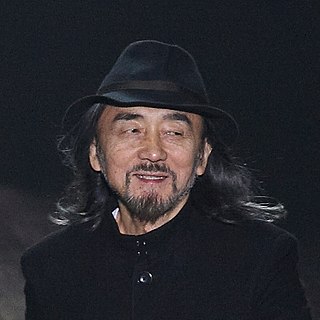A Quote by Patricia Schroeder
Traditional copyright has been that you can't make a full copy of somebody's work without their permission.
Quote Topics
Related Quotes
I was asked, "How did you get pictures that look like this?" It doesn't happen today because now everybody has to have permission. But what you're looking at, is the product of somebody who has been given permission to work with raw materials and not be bothered. These are good examples of having carte blanche.
Copyright law has got to give up its obsession with 'the copy.' The law should not regulate 'copies' or 'modern reproductions' on their own. It should instead regulate uses--like public distributions of copies of copyrighted work--that connect directly to the economic incentive copyright law was intended to foster.
I think the reality is that copyright law has for a very long time been a tiny little part of American jurisprudence, far removed from traditional First Amendment jurisprudence, and that made sense before the Internet. Now there is an unavoidable link between First Amendment interests and the scope of copyright law. The legal system is recognizing for the first time the extraordinary expanse of copyright regulation and its regulation of ordinary free-speech activities.
We live in a world with "free" content, and this freedom is not an imperfection. We listen to the radio without paying for the songs we hear; we hear friends humming tunes that they have not licensed. We tell jokes that reference movie plots without the permission of the directors. We read our children books, borrowed from a library, without paying the original copyright holder for the performance rights.
Under the 1998 Digital Millennium Copyright Act, Tumblr, YouTube, Reddit, WordPress, and Facebook aren't responsible for the copyright infringement of each of their millions of users, so long as they take down specific posts, videos, or images when notified by copyright holders. But copyright holders thought that wasn't good enough.
Poets are excellent students of blizzards and salt and broken statuary, but they are always elsewhere for the test. Any intention in the writing of poetry besides the aim to make a poem, of engaging the materials, SHOULD be disappointed. If the poet does not have the chutzpah to jeopardize habituated assumptions and practices, what will be produced will be sleep without dream, a copy of a copy of a copy.
It was only after I had been out of the art school that I actually copied a small Seurat, and I copied it in order to follow his thought, because if you do copy an artist, and you have a close feeling for him, in fact that you need to know more about his work, there is no better way than actually to copy, because you get very close indeed to how somebody thinks.
My family achieved success not in spite of, but because of the American system of taxation. After all, without reliable and safe roads there’d have been no Disneyland; without high functioning legal systems and a well regulated business environment there would have been no copyright protection for Mickey Mouse.
The primary objective of copyright is not to reward the labor of authors, but ‘[t]o promote the Progress of Science and useful Arts.' To this end, copyright assures authors the right to their original expression, but encourages others to build freely upon the ideas and information conveyed by a work. This result is neither unfair nor unfortunate. It is the means by which copyright advances the progress of science and art.
